I have created a photographic exhibition that explores how military personnel feel when they transition into civilian life. This project is based on two years of academic research by Dr Nikki Lloyd-Jones of Wrexham Glyndwr University. The collaboration highlights findings from the report ‘Leaving the Armed Forces and living as a civilian’ which reveals the importance of identity for those who transition from the Armed Forces into civilian life.
The images were designed and created after conversations with the ex-Service people and allude to their former and current lives. The aim of the exhibition is to encourage people to want to know more about the experiences of those portrayed.
From our conversations with ex-Service people, it became apparent that historically people have assumed the responsibility for transition was down to the Ministry of Defence, whereas, this report and the exhibition suggest it should be a shared responsibility with the communities in which they live.
Talk is often around injured and damaged Service people, but the difficulties experienced on transition can often be made worse by the lack of understanding of their needs by the very communities they move into. Our aim through this project is to highlight the findings of the research and open up a conversation about what we can all do to make life easier for those in transition.
The full exhibition and accompanying stories can be seen on a dedicated website www.equippedforlife.org.uk. A summary and full report on the research is also available to download via this site.
More info: equippedforlife.org.uk
AJ
“After I was medically discharged, it wasn’t great. It was difficult and I did what most sailors would do, I went to the pub and that became my new normal…Since the Invictus Games I feel pride again and I’ve got a purpose to help others on their journeys.”
Andy D
“I joined the Air Force at 16… by the time I was 18 I was drink dependent. When I left, at my lowest point, I was street homeless and living a tramp’s existence with a craving for alcohol. I had this tattoo done on my arm ait is says ‘sail on with dignity’ because I believe I have a dignified life now.”
Andy – Moving forward
“I joined the RAF in 1999 and served 14 years before leaving. I realised that I could see myself doing more of an advocating role. Having taken a risk in leaving, I think my transition has been seamless because I took control of what I wanted to do and did not rely on the military to do it for me.”
Carol – Being a veteran
“I know if someone asked me if I needed help I’d say ‘no thanks’, but I reckon if you asked any veteran if they would help others they would go out of their way to lend a hand.”
Dougie – Changing pace
“I think I have transposed the camaraderie I experienced when in the military to what I am doing now. Music has played an enormous part in my transition.”
Jon – Living the moment
“When I left, I used to just put my head down and get on with it, go for it, keep running around, you get anxious when you stand still. I’ve started to slow down, get better jobs, better house and I feel happier about my life so I don’t need to run around on bikes, spend a load of money on things. I am at an age now where I am ok with looking like an idiot riding around on an old lawn mower.”
Matthew – putting down roots
“Military people crave brotherhood and now I get that from my music. That is my release. The camaraderie and brotherhood that comes with that because it is the same people, the same circle that I crave. It just took a while to find it.”
Shaun – Being a veteran
“I joined the Royal Welsh regiment at 16. 6 days before my tour of Afghanistan was due to end, and when I was just 19, I stepped on an IED. Not having legs has become so normal to me. I have loads of allen keys scattered around my house. Putting my legs on now is just like someone slipping into their shoes.”
Steve – Living the moment
Most people who join the military probably enjoy an element of risk taking, that buzz, the adrenalin. I think, now, I get that camaraderie from martial arts, it’s a group of people who have a similar goal, which always helps.”
Vic – Putting down roots
“I spent 23 years in the Royal Navy. When we go out and walk the dogs, people know who we are and the whole village knows Magnus, our dog. That’s lovely because that means people know who we are and know when things change, and that’s part of being in a community.”
137views
Share on Facebook
 Dark Mode
Dark Mode 

 No fees, cancel anytime
No fees, cancel anytime 






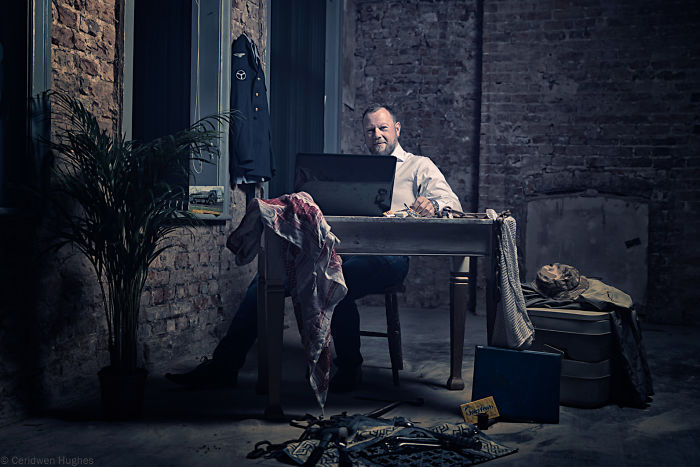
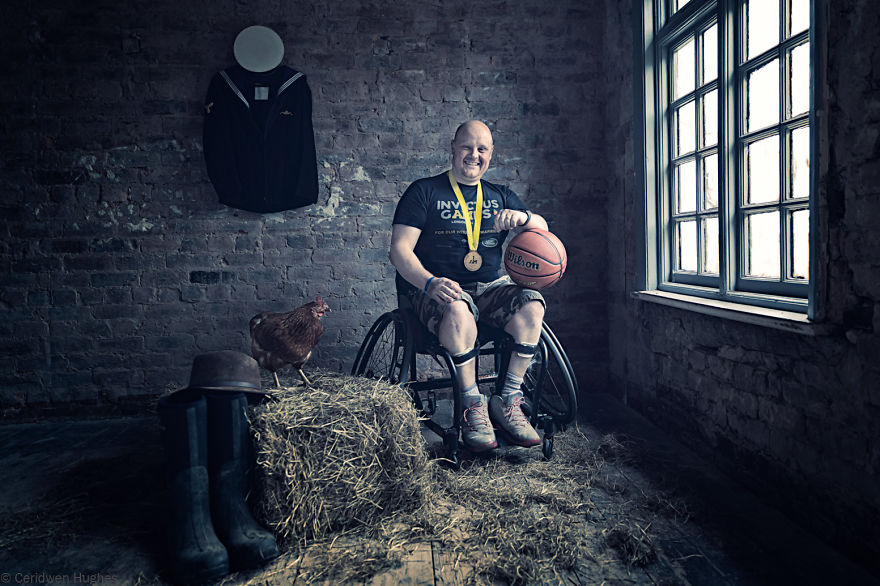
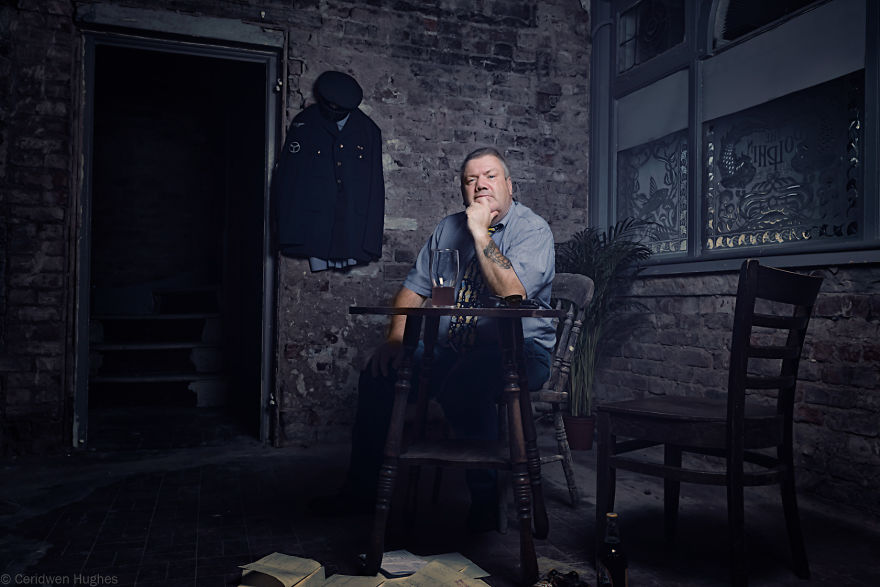
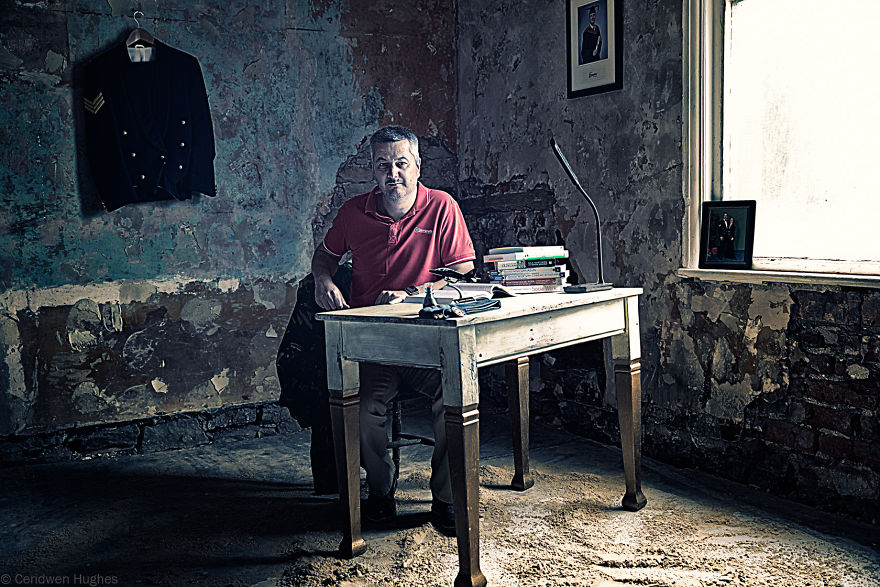
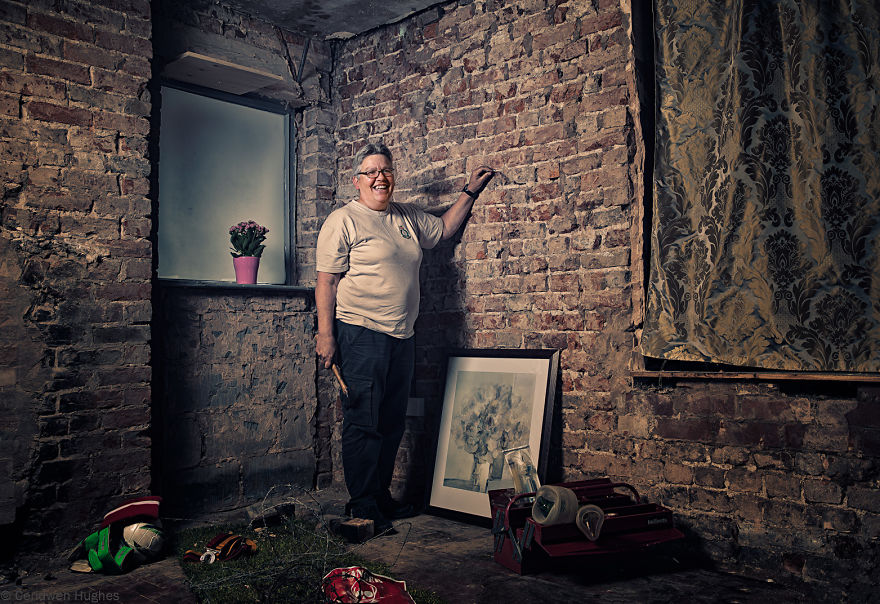
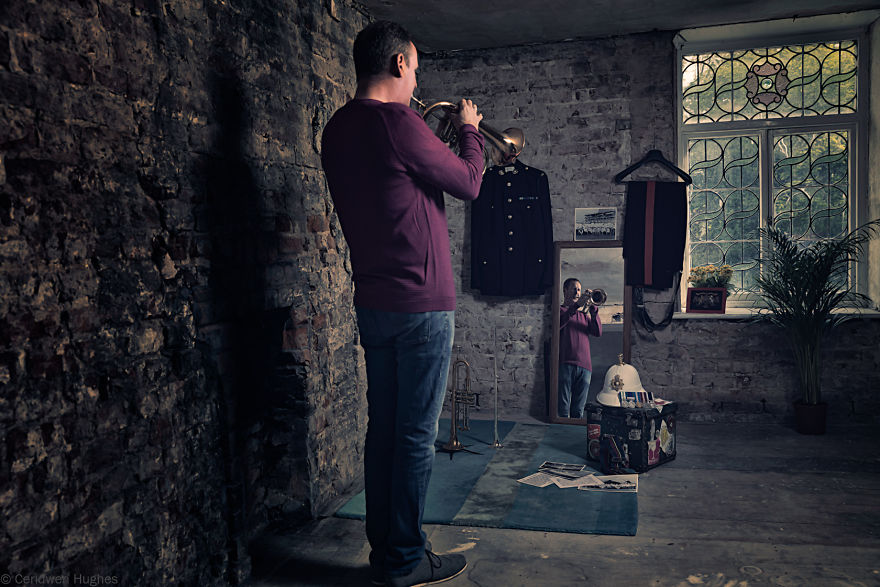
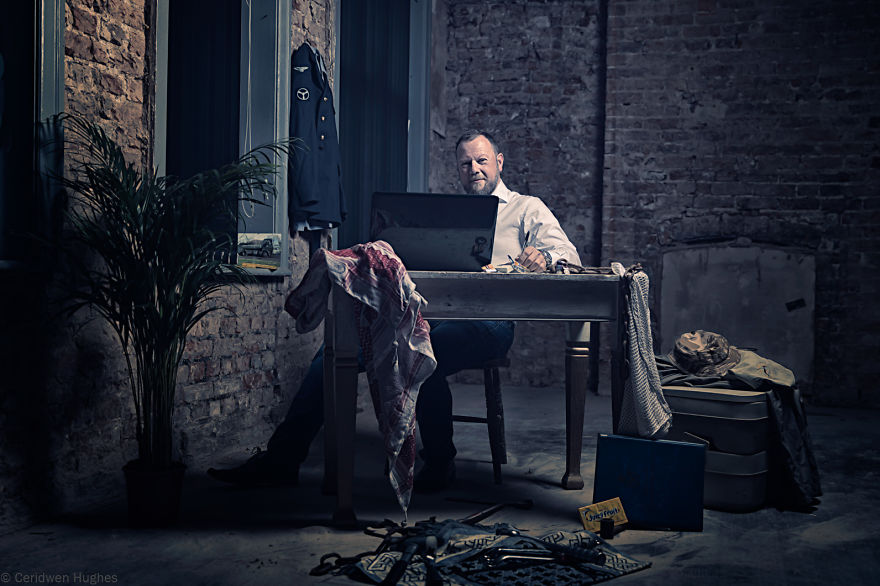
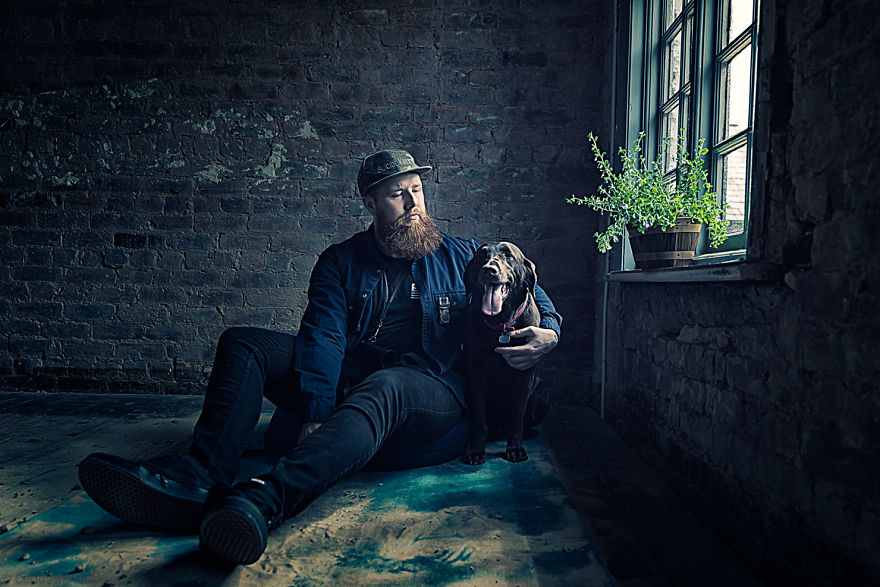
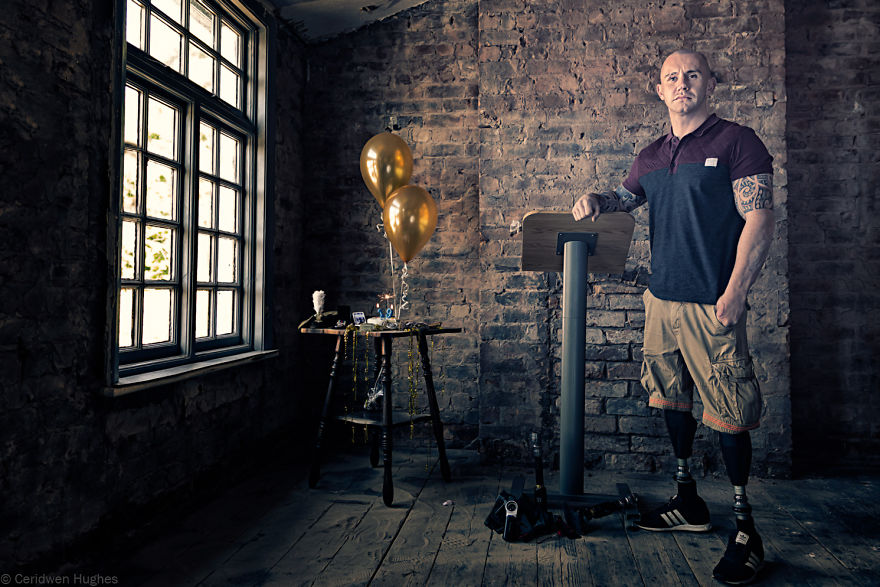
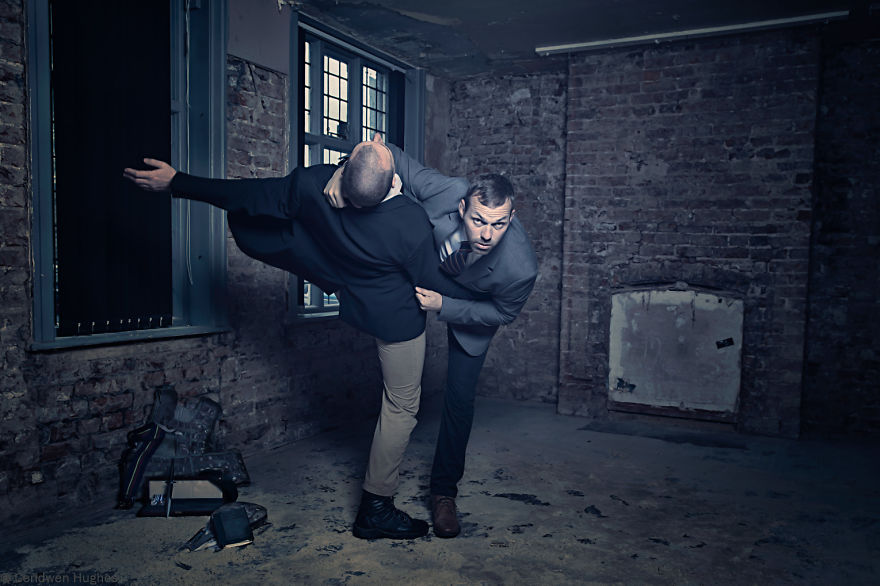
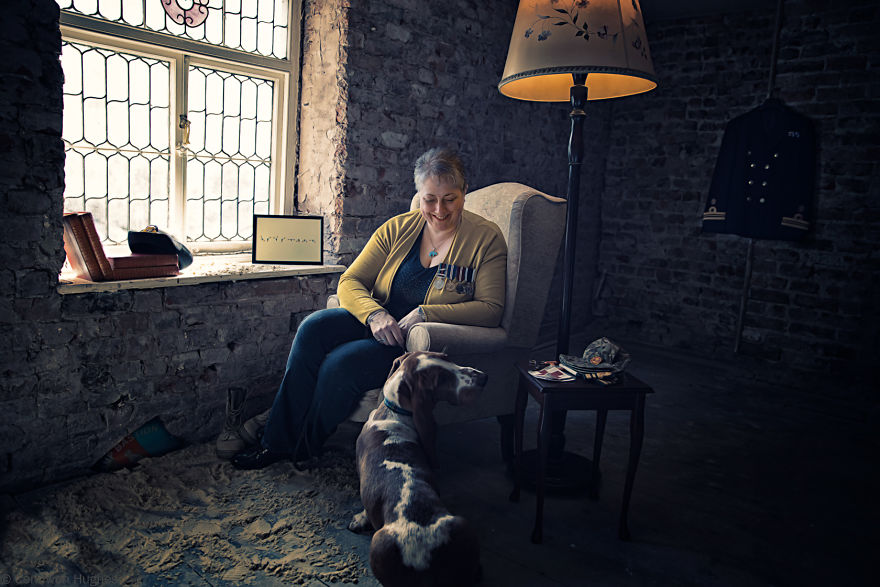











































2
0